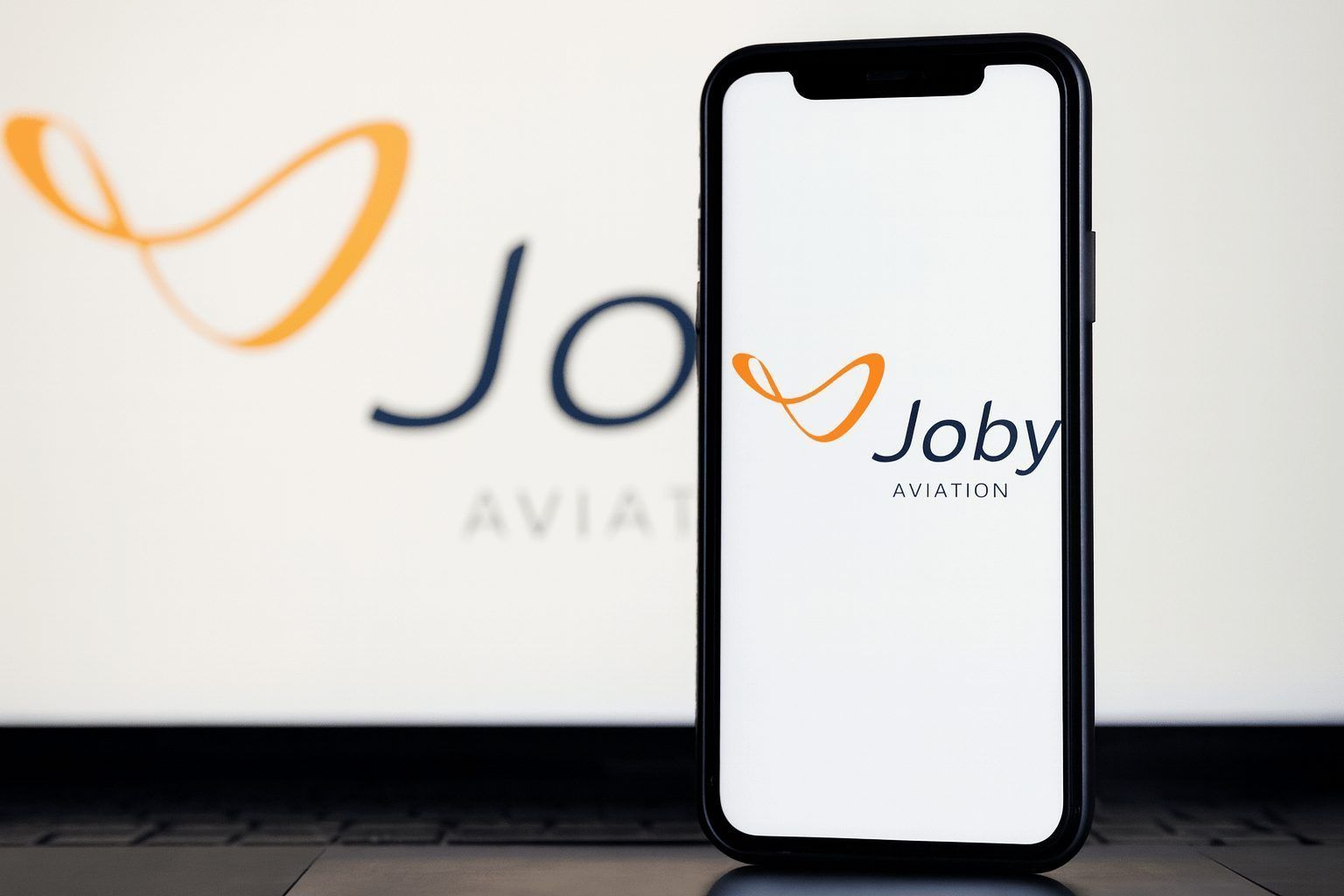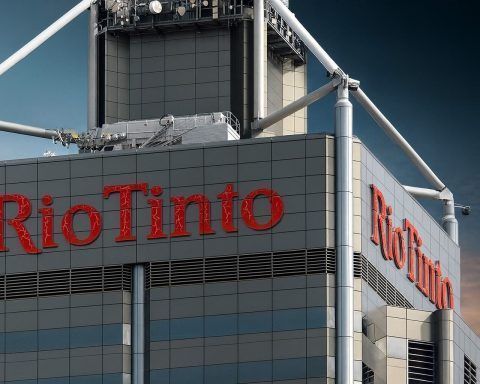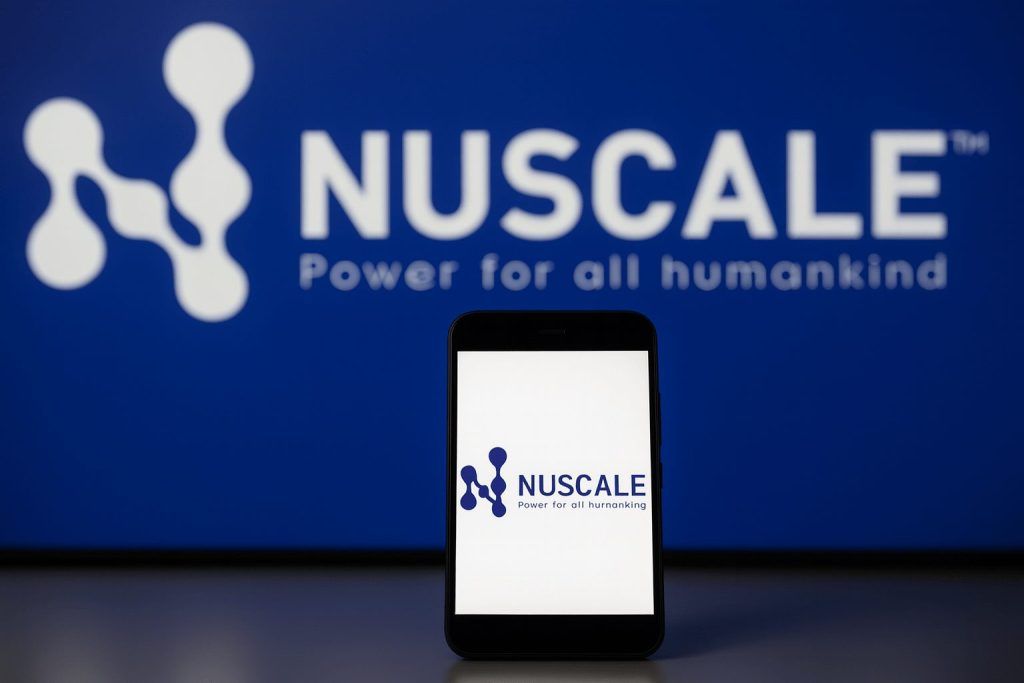Joby Aviation stock (NYSE: JOBY) is heading into the weekend near $13 as the eVTOL pioneer juggles blockbuster global deals, FAA progress, and a fresh lawsuit against rival Archer Aviation. Here’s what investors need to know today.
Quick takeaways for November 22, 2025
- Latest price: Joby Aviation closed Friday, November 21, at $13.07 per share, up about 0.23% on the day, on heavy volume around 28.7 million shares. StockAnalysis+1
- Volatility: Shares traded between $12.14 and $13.33 during the session and now sit well above the 52‑week low of $4.96 but still roughly 40% below the 52‑week high of $20.95. Investing.com+1
- Big picture: Joby stock is up about 60% year to date, making it one of 2025’s standout speculative names in advanced air mobility. Yahoo Finance+1
- Fresh catalysts this week:
- A new lawsuit against rival Archer Aviation alleging trade‑secret theft. Reuters
- Middle East expansion, including pre‑commercial flights planned in Saudi Arabia and a landmark air taxi network in Dubai. Joby Aviation+1
- Certification and technology milestones, including power‑on testing of Joby’s first “conforming” aircraft and first flights of a turbine‑electric demonstrator. Joby Aviation, Inc.+2MooMoo+2
- Analyst view: One major ratings tracker lists Joby with an average “Reduce” recommendation and a $14 price target, while another shows an overall “Buy” consensus with the same roughly $14 12‑month target, highlighting how divided Wall Street is. MarketBeat+1
Joby Aviation stock today: price, performance and volatility
As U.S. markets head into the weekend on Saturday, November 22, 2025, the most recent close for Joby Aviation (NYSE: JOBY) is $13.07 (Friday, November 21). That’s a modest 0.23% gain on the day, but it came with big volume, with nearly 28.7 million shares changing hands. StockAnalysis+1
Despite Friday’s tight move, JOBY remains a high‑beta, story‑driven stock:
- Day’s range (Nov 21): $12.14 – $13.33 StockAnalysis
- 52‑week range: $4.96 – $20.95 StockAnalysis+1
- Market cap: about $11.9 billion at current levels. StockAnalysis
At around $13, Joby trades more than 160% above its 52‑week low, but still nearly 40% below its recent high, underlining how explosive — and fragile — sentiment around electric air taxi stocks can be.
Year to date, JOBY has delivered returns of roughly +60%, vastly outpacing the broad market and making it one of 2025’s standout speculative growth trades in the “flying car” theme. Yahoo Finance+1
The headlines moving JOBY this week
1. Joby sues rival Archer over alleged trade‑secret theft
The biggest fresh headline for Joby this week is legal, not technical.
On November 20, Joby filed a lawsuit in California state court accusing Archer Aviation (NYSE: ACHR) of misusing Joby trade secrets. According to the complaint, Archer allegedly hired a former Joby employee who took confidential documents related to Joby’s business strategy, partnership terms, and aircraft specifications, and then used that information while Archer bid to undercut a Joby deal with a real‑estate developer. Reuters
Archer strongly denies the allegations, calling the suit an attempt by Joby to gain an edge “through bad faith litigation” rather than fair competition. Reuters
Why this matters for JOBY stock:
- It underscores how strategic partnerships and contracts (like vertiport and infrastructure deals) are becoming crucial battlegrounds as eVTOL firms race toward commercialization.
- Legal disputes can be a double‑edged sword: they may protect intellectual property but also introduce headline risk and legal expense, and there’s no guarantee Joby will prevail or obtain damages.
- For investors, the lawsuit is another reminder that execution risk in this space isn’t only about engineering and regulation — it’s also about IP, contracts, and competition.
So far, the market’s price reaction has been relatively muted, suggesting traders are still digesting how material this legal overhang might be.
2. Dubai and Saudi Arabia deals expand Joby’s global footprint
While the Archer lawsuit grabbed legal headlines, Joby’s global expansion story continues to gather momentum — especially in the Middle East.
Saudi Arabia: pre‑commercial flights planned for 2026
On November 19, Joby announced a memorandum of understanding with Red Sea Global (RSG) and The Helicopter Company (THC) in Saudi Arabia. The plan is for Joby to conduct pre‑commercial evaluation flights in the Kingdom in the first half of 2026, using a “sandbox” environment to test charging, airspace integration, and ground operations. Joby Aviation
The deal builds on Joby’s earlier agreement with Saudi regulator GACA to help shape an air‑taxi regulatory framework based on FAA standards, and complements separate partnerships in Ras Al Khaimah (UAE) and Kazakhstan as Joby pushes into the broader Middle East and Central Asia region. Joby Aviation+1
Dubai: building an air taxi network for 2026
Two days earlier, on November 17, Joby announced it had completed the UAE’s first piloted point‑to‑point electric air taxi flight, flying from its Margham test facility to Al Maktoum International Airport (DWC) in about 17 minutes. Joby Aviation
At the same time, Joby and Dubai’s Roads and Transport Authority (RTA) revealed the next three vertiport locations for the city’s planned air taxi network:
- Dubai Mall
- Atlantis The Royal
- American University of Dubai Joby Aviation
Together with a planned vertiport at Dubai International Airport, these sites will form the initial network when Joby and the RTA aim to launch commercial air taxi services in 2026. Joby Aviation
For JOBY shareholders, these agreements are a proof‑of‑concept on the commercial side: they show real cities committing real locations and timelines, not just pilot projects and white papers.
3. Certification and technology milestones
On the technical front, Joby continues to tick off milestones on its path to FAA certification.
- On November 5, the company announced it had begun power‑on testing of its first “conforming” aircraft, a key step that signals entry into the fifth and final stage of the FAA type certification process. Flight testing with this aircraft is expected to begin in 2025. Joby Aviation, Inc.+2Yahoo Finance+2
- Joby’s certification roadmap includes its own pilots flying the aircraft first, followed by FAA pilots, who will evaluate safety and performance directly — an essential part of the final approval phase. Joby Aviation+1
At the same time, Joby is stretching the boundaries of its technology with a turbine‑electric / hybrid demonstrator:
- Earlier in November, Joby announced the first flight of its turbine‑electric, autonomous VTOL demonstrator, designed to showcase ultra‑long‑range capabilities beyond its standard battery‑only design. StockAnalysis+1
These milestones give Joby a strong narrative: regulatory progress, test aircraft in advanced stages, and new technology platforms that could unlock future defense or long‑range commercial applications.
4. Strategic partners: Toyota, Delta, Uber and Blade
Joby’s story isn’t just about aircraft — it’s about who it’s flying with.
- Toyota investment: About five months ago, Joby’s stock surged more than 25% after it announced a $250 million investment from Toyota, the first half of a previously disclosed $500 million production funding agreement. Investopedia
- Delta partnership: Delta Air Lines has highlighted Joby as a key partner in its sustainability strategy, aiming to offer home‑to‑airport electric air taxi connections as part of a differentiated premium travel experience once services are live. Delta Airlines
- Blade + Uber integration: Joby acquired Blade Air Mobility’s helicopter operations earlier this year and is working with Uber so riders can eventually book Blade-operated routes — like Manhattan to JFK or the Hamptons — directly in the Uber app, seeding demand and infrastructure ahead of eVTOL rollout. The Verge+1
These partnerships give Joby something many early‑stage hardware companies lack: credible distribution channels and brand allies. Still, they’re contingent on Joby actually earning certification and scaling production — the hard part is still ahead.
Fundamentals: still an early‑stage, loss‑making business
Underneath the flashy headlines, the fundamental picture remains classic high‑risk growth:
- Revenue (trailing 12 months): about $22.6 million
- Net loss (trailing 12 months): roughly –$1.05 billion
- 2024 revenue: only about $136,000, down sharply from just over $1 million in 2023, before more meaningful service and defense revenue began to appear in 2025. StockAnalysis
With a market cap near $12 billion, that’s a very rich valuation relative to current revenue, justified only if Joby successfully scales into a multi‑billion‑dollar air‑mobility platform over the coming decade. StockAnalysis
Key fundamental risks include:
- Cash burn: Large net losses reflect heavy R&D, certification, and manufacturing investment, implying Joby will likely need continued access to capital markets or strategic funding. StockAnalysis
- Execution risk: Bringing an entirely new category of aircraft into commercial service at scale is logistically and regulatory complex.
- Competition: Rivals like Archer Aviation and others are pursuing similar certification and route strategies, sometimes backed by their own deep‑pocketed partners.
For investors, JOBY is not a traditional value play; it’s closer to an early‑stage aerospace venture that happens to be public.
What analysts are saying about Joby Aviation stock
Wall Street remains split on Joby, and that divide is important context for anyone considering the stock at $13.
- MarketBeat reports that across eight research firms, Joby carries an average rating of “Reduce”:
- 2 analysts rate it “Sell”
- 5 rate it “Hold”
- 1 rates it “Buy”
The average 12‑month price target is about $14, only slightly above where the stock trades today. MarketBeat
- StockAnalysis, which tracks a different subset of analysts, lists an average “Buy” rating from six analysts — but with the same $14 target, implying roughly 7% upside from the latest price. StockAnalysis
Taken together, the message is:
Analysts broadly see limited upside from current levels in the near term, and they disagree sharply on risk.
Bulls tend to highlight:
- Joby’s lead in FAA certification progress
- Its blue‑chip partners (Toyota, Delta, Uber, Blade)
- A growing pipeline of international city deals in Dubai, Saudi Arabia, Japan, and beyond Joby Aviation+2Joby Aviation+2
Bears point to:
- Huge ongoing losses and the prospect of future dilution
- The uncertainty of mass public adoption of air taxis
- Legal and competitive risks — now including the Archer lawsuit. Reuters+1
Key catalysts to watch into year‑end
Heading into the rest of 2025 and early 2026, JOBY traders and longer‑term investors are likely to focus on:
- FAA certification steps
- Any updates on the final stage of type certification, including power‑on and flight test milestones for the conforming aircraft. Joby Aviation, Inc.+1
- Demonstration flights and city deals
- Ongoing demo flights in Dubai and progress toward the planned 2026 launch. Joby Aviation
- Implementation of the Saudi Arabia sandbox and more detail on routes and economics of pre‑commercial flights. Joby Aviation
- Defense and hybrid aircraft opportunities
- Follow‑up on the turbine‑electric demonstrator and any defense or long‑range commercial contracts that might emerge. New Atlas+1
- Outcome (or evolution) of the Archer lawsuit
- Even if it drags on, discovery or early rulings could shift sentiment for both JOBY and ACHR. Reuters+1
- Future earnings reports and cash runway
- Investors will scrutinize each quarter for signs of growing revenue, new contracts, and updated cash‑burn guidance from management. StockAnalysis
Should investors buy Joby Aviation stock now?
From an investment perspective, Joby Aviation stock today is a classic high‑risk/high‑reward bet:
Potential positives:
- Clear first‑mover traction in certification, city partnerships and global branding. Joby Aviation, Inc.+2Joby Aviation+2
- Strong strategic partners (Toyota, Delta, Uber, Blade) who can help with manufacturing, distribution and customer acquisition. Investopedia+2Delta Airlines+2
- A market narrative that fits major secular themes: urban mobility, electrification, decarbonization and premium travel.
Key risks:
- A nearly $12 billion valuation backed by just tens of millions in revenue and over a billion dollars in trailing losses. StockAnalysis
- Regulatory, legal and operational uncertainty around a new aircraft category.
- Competitive pressure from other eVTOL players and traditional aerospace firms. Reuters+1
For short‑term traders, JOBY is likely to remain a headline‑driven, momentum‑sensitive stock, reacting sharply to news on certification, lawsuits, and new city deals.
For long‑term, risk‑tolerant investors, the decision comes down to a simple question: Do you believe Joby can turn its early lead and partnerships into a profitable global air‑taxi network before its cash and investor patience run thin?
For conservative or income‑focused investors, the current mix of high valuation, no dividend, and large losses may be a reason to watch from the sidelines rather than jump in.
Important: This article is for information and news purposes only and does not constitute financial advice. Always do your own research and consider speaking with a licensed financial adviser before making investment decisions.









